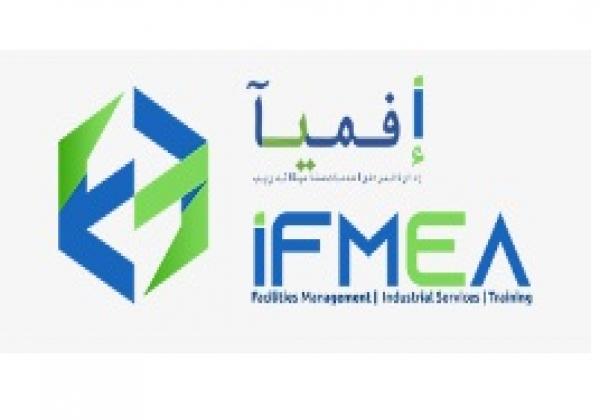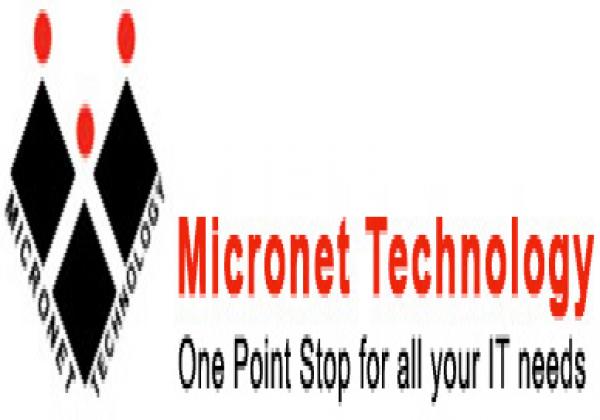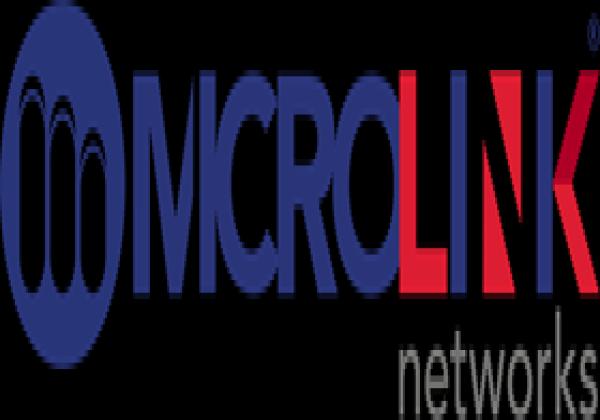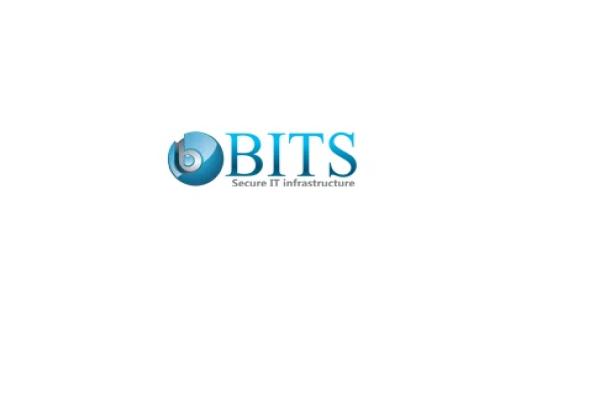Industrial-Military Fiber Cables Suppliers in Dubai,UAE

IFMEA
Phone: +97143296764
Emirate:Dubai, P.O.BOX:
Address:Dubai Branch : GF-01, Shams Business Park AL Garhoud , Dubai

Micronet Technology
Phone: 0505648497
Emirate:Dubai, P.O.BOX:182415
Address:Office 102, Rifa Old Building, Opp Palm Beach Hotel, Khalid Bin Waleed St, Bur Dubai

LAN GUARD
Phone: +971 2 6329170
Emirate:Abu Dhabi, P.O.BOX:
Address:M01 Floor, Princess Jewellery Building, Khaleefa Street, Abu Dhabi, United Arab Emirates

Microlink networks llc
Phone: +97145561557
Emirate:Dubai, P.O.BOX:
Address:Boulevard Plaza Tower One, Level 3, Downtown Dubai, United Arab Emirates

Bits Secure IT Infrastructure LLC
Phone: +971 43282444
Emirate:Dubai, P.O.BOX:3282444
Address:SUNTECH Tower - Office 903 - Dubai Silicon Oasis - Industrial Area - Dubai - United Arab Emirates
Industrial-military fiber optic cables are a specialized type of fiber optic cable designed to withstand the rigors of harsh industrial and military environments. They offer superior durability, reliability, and performance compared to standard fiber optic cables, making them suitable for demanding applications where extreme conditions and ruggedness are essential.
Key Features:
Rugged construction:
Durable outer jacket: Constructed from materials like polyurethane (PU) or fluorinated ethylene propylene (FEP) for exceptional resistance to abrasion, chemicals, UV radiation, and extreme temperatures.
Armored construction: Often include stainless steel braid, aramid yarns, or metallic strength members for enhanced protection against crushing, impact, and rodent bites.
Water blocking materials: Utilize water-blocking gels or yarns to prevent moisture ingress and protect the delicate fibers from water damage.
Flame retardant: Meet stringent flame retardancy standards like UL 910 (CM) or IEC 60332-1 for added safety in hazardous environments.
Low-loss performance: Employ high-quality fiber optic cores and coatings to minimize signal attenuation and ensure reliable data transmission over longer distances.
Benefits of Industrial-Military Fiber Optic Cables:
Superior durability: Withstand harsh environments, extreme temperatures (-40°C to +85°C), and physical hazards, ensuring long-lasting performance and minimal maintenance.
Reliable data transmission: Minimize signal loss and offer reliable data transfer even in demanding conditions.
Enhanced safety: Meet flame retardancy standards for added safety in sensitive environments.
Versatility: Suitable for various industrial and military applications, including:
Industrial automation and control systems
Military communication networks
Oil and gas refineries
Transportation systems
Power plants
Choosing the Right Industrial-Military Fiber Cable:
Environmental requirements: Consider the specific environmental conditions where the cable will be deployed, such as temperature range, exposure to chemicals, and potential physical hazards.
Cable performance: Select a cable with the appropriate fiber type (single-mode or multi-mode) and core size to meet your bandwidth and transmission distance requirements.
Connector types: Choose connectors compatible with your equipment and network infrastructure (e.g., SC, LC, MPO).
Flame retardancy requirements: Select cables that meet the necessary flame retardancy standards for your specific application.
Additional Considerations: Bend radius: Industrial-military cables may have a larger minimum bend radius compared to standard cables due to their armored construction. Consider this factor when planning cable routing and installation.
Testing and certification: Ensure the cables are tested and certified to meet relevant industry standards for performance and durability in harsh environments.
Key Features:
Rugged construction:
Durable outer jacket: Constructed from materials like polyurethane (PU) or fluorinated ethylene propylene (FEP) for exceptional resistance to abrasion, chemicals, UV radiation, and extreme temperatures.
Armored construction: Often include stainless steel braid, aramid yarns, or metallic strength members for enhanced protection against crushing, impact, and rodent bites.
Water blocking materials: Utilize water-blocking gels or yarns to prevent moisture ingress and protect the delicate fibers from water damage.
Flame retardant: Meet stringent flame retardancy standards like UL 910 (CM) or IEC 60332-1 for added safety in hazardous environments.
Low-loss performance: Employ high-quality fiber optic cores and coatings to minimize signal attenuation and ensure reliable data transmission over longer distances.
Benefits of Industrial-Military Fiber Optic Cables:
Superior durability: Withstand harsh environments, extreme temperatures (-40°C to +85°C), and physical hazards, ensuring long-lasting performance and minimal maintenance.
Reliable data transmission: Minimize signal loss and offer reliable data transfer even in demanding conditions.
Enhanced safety: Meet flame retardancy standards for added safety in sensitive environments.
Versatility: Suitable for various industrial and military applications, including:
Industrial automation and control systems
Military communication networks
Oil and gas refineries
Transportation systems
Power plants
Choosing the Right Industrial-Military Fiber Cable:
Environmental requirements: Consider the specific environmental conditions where the cable will be deployed, such as temperature range, exposure to chemicals, and potential physical hazards.
Cable performance: Select a cable with the appropriate fiber type (single-mode or multi-mode) and core size to meet your bandwidth and transmission distance requirements.
Connector types: Choose connectors compatible with your equipment and network infrastructure (e.g., SC, LC, MPO).
Flame retardancy requirements: Select cables that meet the necessary flame retardancy standards for your specific application.
Additional Considerations: Bend radius: Industrial-military cables may have a larger minimum bend radius compared to standard cables due to their armored construction. Consider this factor when planning cable routing and installation.
Testing and certification: Ensure the cables are tested and certified to meet relevant industry standards for performance and durability in harsh environments.


